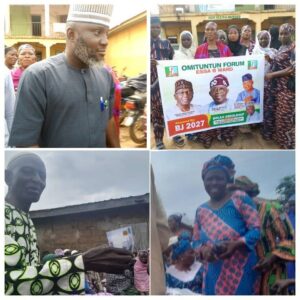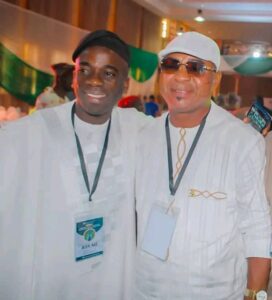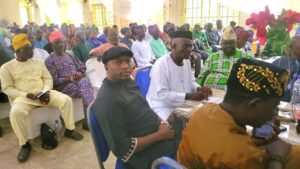
…Fayemi, Briggs, Abaribe Suggest Solutions
The Obi of Onitsha, Igwe Nnaemeka Alfred Achebe, has stated that Nigerians face a critical choice: either work to fix the country or allow it to collapse. Speaking at the launch of the book Bold Leap by journalist and former senator Chris Anyanwu, Achebe warned that time is running out for decisive action.
Prominent figures, including former Ekiti State Governor Kayode Fayemi, Senator Enyinnaya Abaribe, and Niger Delta activist Ankio-Briggs, echoed the call for urgent socio-economic and political restructuring to accelerate Nigeria’s development.
At the ceremony attended by key figures such as President Bola Tinubu (represented by Minister Zephaniah Bitrus Jisalo), former Presidents Olusegun Obasanjo and Goodluck Jonathan (represented by David Mark and Anyim Pius Anyim, respectively), and Labour Party presidential candidate Peter Obi, Achebe criticized decades of unproductive dialogue.
He stated:
“Since independence, we have been talking and talking. It is time to act. We can either keep milking the cow to death due to selfish sectional and personal interests or place Nigeria above all else.”
Achebe also highlighted gender inequality, urging the nation to follow examples like the UK, which has had three female prime ministers. “Why can’t Nigeria have a female president or governor?” he asked.
During a panel session on “How to Fix Nigeria: System, Structure, Institutions, and Leadership,” Fayemi, Abaribe, and Briggs emphasized the need for restructuring to ensure equity, justice, and inclusivity.
Fayemi argued that incremental change, not revolution or secession, is the solution:
“Nigeria currently serves a tiny elite, neglecting the majority, especially young people. Restructuring is about reorganizing society to serve all citizens fairly.”
Briggs underscored the urgency of the issue, warning that inequality and underdevelopment would persist without significant reforms:
“For 30 years, I’ve championed restructuring. If we don’t act quickly, Nigeria will continue to stagnate, with some states propping up others financially.”
Abaribe criticized the judiciary for enabling corruption and called for stronger institutions and leadership to address systemic governance failures.
In his remarks, President Tinubu described Bold Leap as an emblem of courage and risk-taking. He encouraged Nigerians to take calculated risks for progress:
“To take a bold leap is to embrace uncertainty and pursue extraordinary opportunities. This book will inspire the younger generation to navigate challenges and strive for success.”
Several dignitaries lauded Anyanwu’s contributions to journalism and public service. Obi noted the importance of documenting history to inspire young people, while the Emir of Kano, Muhammadu Sanusi II, commended Anyanwu’s focus on empowering women and overcoming societal barriers.
“Her work highlights the importance of girl-child education and breaking glass ceilings. We have much to learn from her experiences,” Sanusi said.
The event underscored a collective call for action to address Nigeria’s structural challenges and chart a path toward sustainable growth and development.


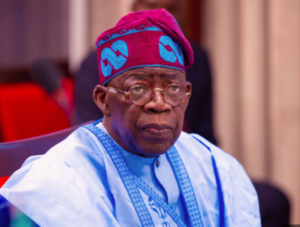
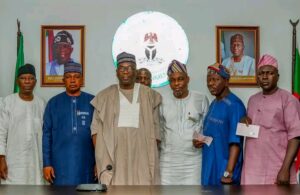
![[PHOTOS] MOK Movement Disburses ₦300,000, Distributes Food Items to the Aged in Offa During Weekly Empowerment Programme](https://newsbulletin.com.ng/wp-content/uploads/2025/10/FB_IMG_1760379043455-300x300.jpg)
